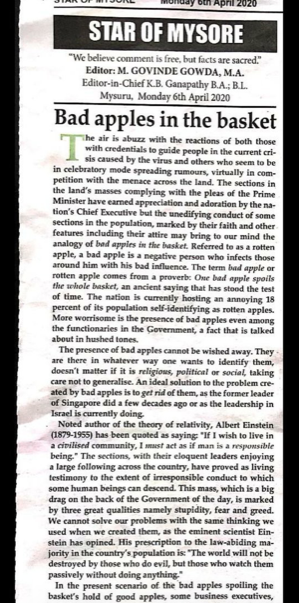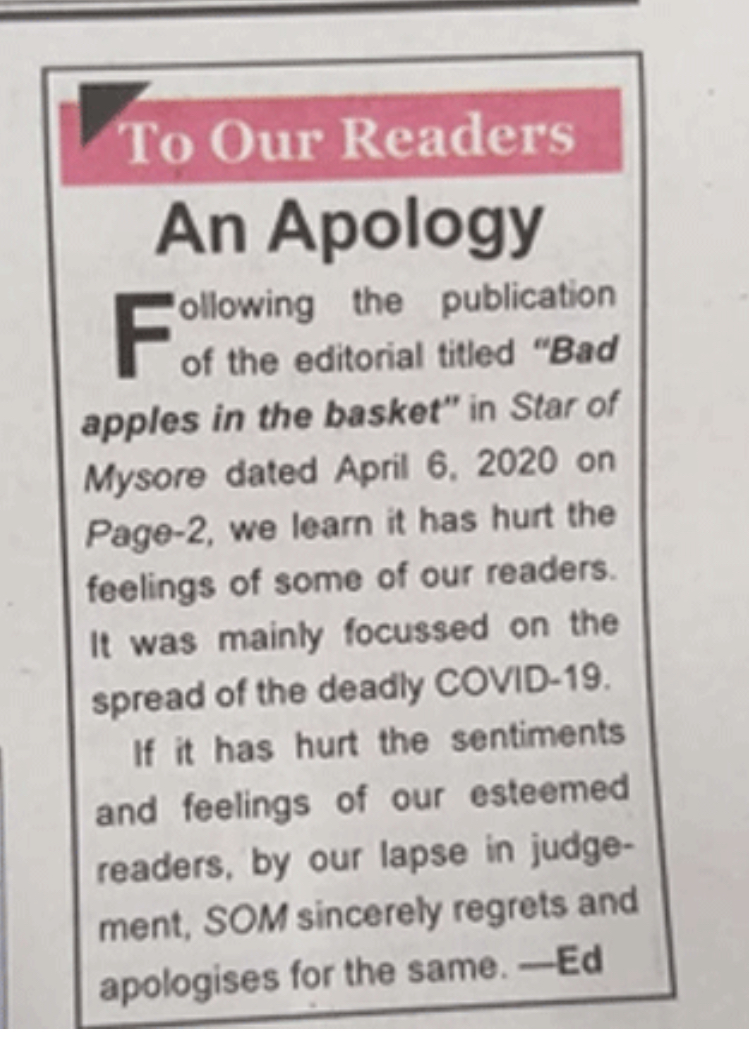It started with kindergarten, playing in the mud with other children and sleeping in the lap of my teacher until my mother picked me up from school. Cycling through the neighbourhood streets with my Mama running behind me so that if I fell she’d be there, sitting around a table with friends and family while singing songs and making jokes.
The big brown gate and the lonely postbox outside welcome me home from college. As I walk into the house, it all comes back to me and I feel myself slipping away from the present and into the past, playing Monopoly with the family and laughing till I cry, the scent of biryani wafting through the house as aunts and uncles and friends are heard laughing outside with a drink in their hands as we all celebrate Eid together.
I remember the door staying open all the time on Pongal as uncles and aunities in bright colourful saris entered the house with a basket to wish us. I remember waiting eagerly for Hema aunty’s Bisi Bele Bath to be brought home.
When I think about Mysore – my home, the place that I’ve lived all my life – I think about these memories, I think about the dawns I used to get ready and run to school and the laughter at dinner table as we sat around and talked about funny accents and drunken stories and everyday things. We’d drive around Mysore come Dussehra and Diwali and watch the city lights come to life and the Mysore Palace in all its glory.
Never in my life did I ever question the fact that Mysore has always been my home, and would always be my home.
But recent times have gotten me thinking and suddenly I don’t feel at home anymore, the happy memories that I have are plagued by sadder thoughts. I can’t bring myself to shake this feeling of sadness and fear.

The Star of Mysore editorial.
The past few years have had me questioning everything. So what happened on April 6, at the beginning of the national lockdown – right after thousands of people went to the Ram pooja in UP and there was an uproar over the Tablighi Jamaat incident in Delhi – made me feel like the first time that I had no home.
An editorial written in the Star of Mysore‘s evening edition that day called the Muslim community “rotten apples” that India needed to be “rid” off, clearly calling for a Muslim genocide.
After reading the article, I couldn’t stop thinking about it. All the snarky comments that friends had made in the past, and the fact that I had distanced myself from a few number of people because of their problematic views all came rushing back to me.
I began to question myself and my place in the city.
And so, during the course of the lockdown, the article forced me to delve into the past. I remember one night in particular when friends and family were meeting up at my aunt’s house. The conversation slowly moved to the CAA-NRC protests and the Narendra Modi government. These conversations were always uncomfortable for me because it showed many of the people that had been around me my whole life in a different light.
I remember one uncle telling us, “I’m just saying that what Modiji is saying is correct! You guys are not the problem, you guys are family! But the other Muslims, no!”
I remembered arguing with my friends whom I had known for years when they openly said that they were anti-Muslim. I remembered my inhibitions about the religion I was born into.
And so, the moment I read the article in the Star of Mysore on April 6, my mind wandered through past conversations with family and friends that should have been red flags.
Also read: Pandemic vs Prejudice
I think the scariest memory it raked up was when the conversation was about beef. A friend who was close to me at that time got a little agitated and annoyed and said that if I ate beef he would send my head to Modi!
I wondered why I had been quiet then. Why hadn’t I fully seen and understood the venom in the statement? The danger of such rhetoric?
But I think what hurt me the most was when my own family refused to acknowledge the dangers of the article. They fought with me and made excuses for the editor who’d written it because he was a close friend.
I kept thinking to myself: what use is having friends when they support the very forces that want to humiliate us and kill us? What kind of friend is that?
And slowly the city that once beckoned me home, the city that I once had fond memories of, the city that had sheltered and moulded me and was a part of who I am, stopped feeling that way and started feeling like someone else’s. I was no longer feel free to speak my mind and I no longer feel free to walk around as comfortably as I used to.
I’ve been dwelling on my childhood for far too long during this pandemic, I’ve been reliving all the memories that I know will never come back, and these past few days have gone by with me locking myself in my room, closing my eyes and transporting myself back to the times when things were simpler – the last few days of this haven of arts, where dogs would bark on the road, little children would dance in the rain, of the shadows of people sitting at a glass table and the laughter that rung through the house.
The last few days in this eclectic wonderland were painted dismal and grey, and I woke up from that sweet dream where everything was better and everything was safe.
And though I don’t feel at home anymore, I will forever carry, with fond remembrance, these feelings I felt for the place and its people. The warmth will always fill me with happiness because, at the house, I felt like I belonged; like I was finally understood.
Because that is where the journey of finding myself truly began – with the dogs, the rusty gates and the lonely letterbox which said ‘home’.
Note: The Star of Mysore issued an apology after it “learnt it had hurt the feelings” of its readers.

Zeba Vagh is from Mysore and is a film student at the Mumbai Whistling Woods Internatinal.
Featured image credit: Abhishek rana/Unsplash

